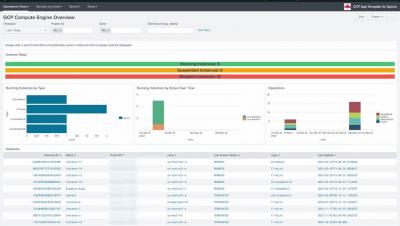Log Analytics: Everything To Know About Analyzing Log Data
Log data is big data! But that’s not why it’s such a big deal. Log data can be really useful if you know what to do with it — which is where log analysis and analytics comes in. Let’s take a look at this valuable activity, starting with what log data can tell us and moving into how we can use analytics to inform business practices. (This article was written in collaboration with Muhammad Raza.)











